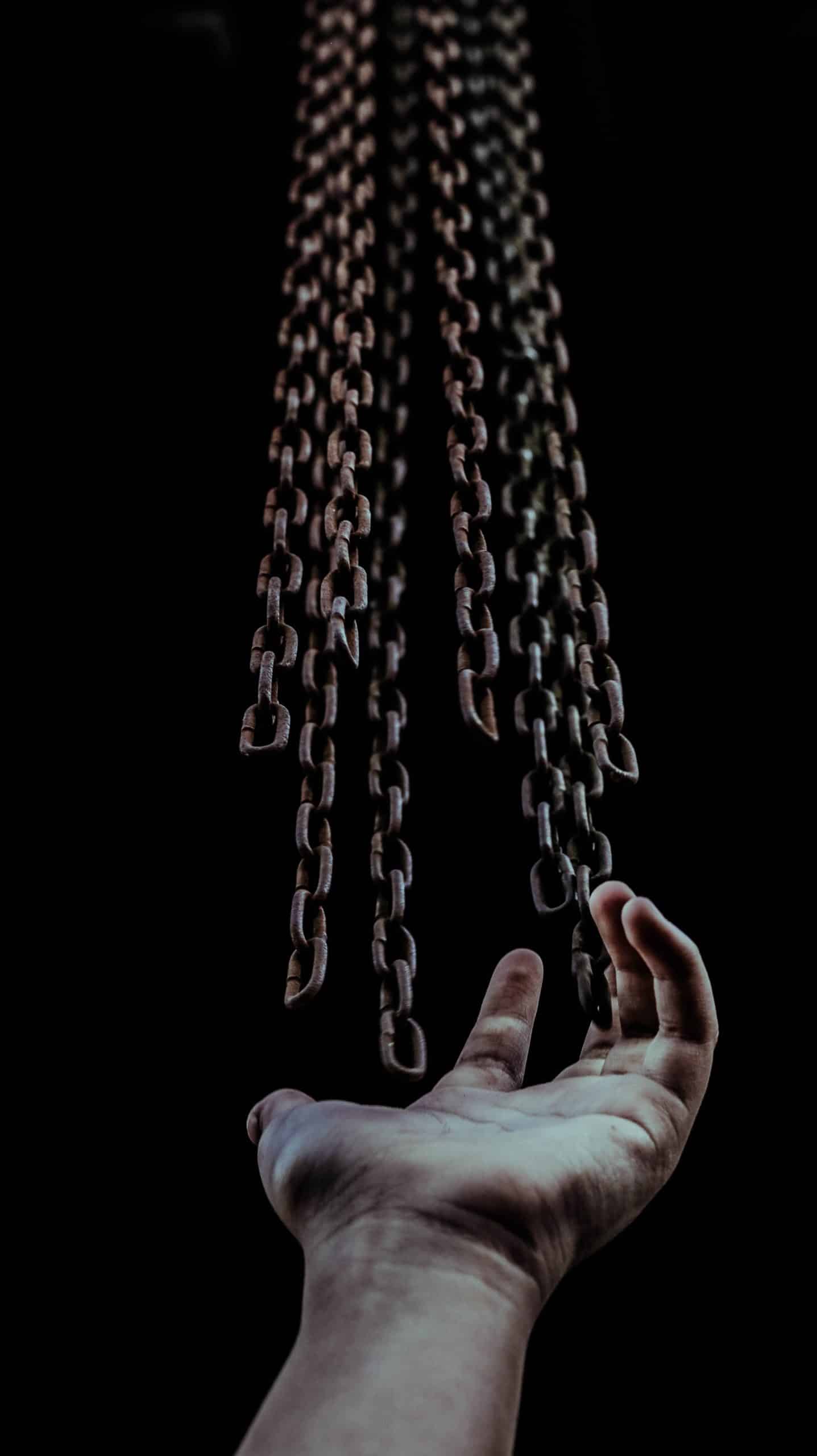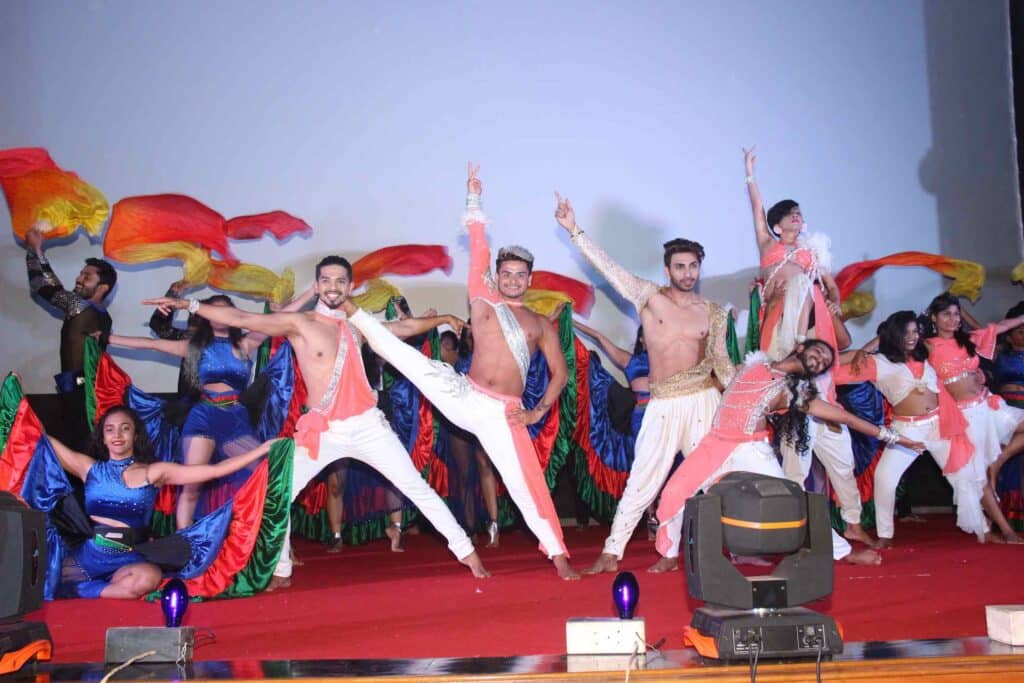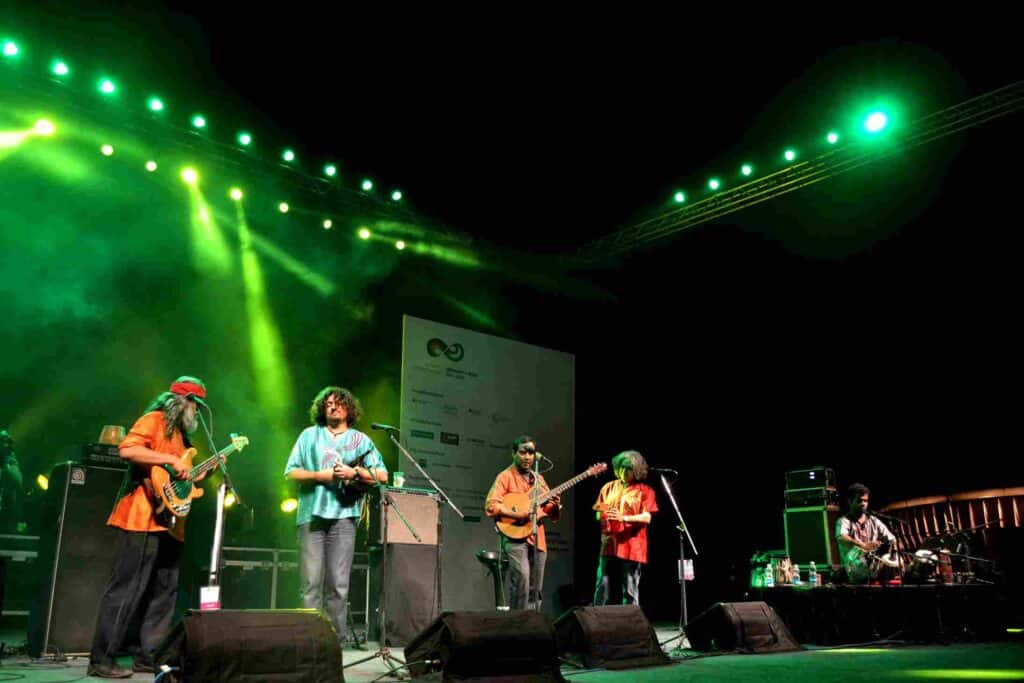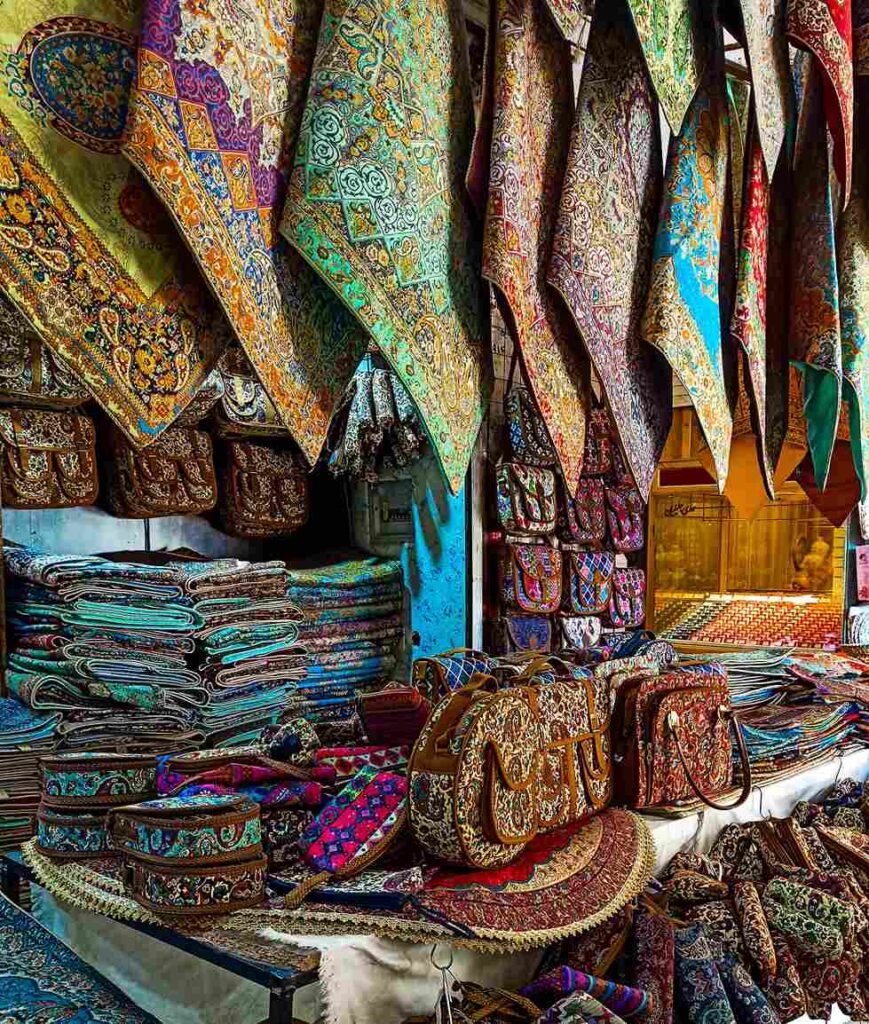This story covers the laws under the Indian Constitution that govern an artist’s right to free speech and expression.
Coming up with innovative ways to interpret the world, finding support, patronage, buyers, audiences, keeping up with technology and other advances: to be a practicing artist — and we include all kinds of arts here — makes many demands on those who heed its call. Here a comedian is accused of making ‘indecent’ remarks, there a play is stopped by ‘offended’ parties, somewhere an author finds a book being banned for ‘inciting religious discord,’ somewhere else an exhibition is cancelled because of the artist’s political statements. It seems that very few days can pass without hearing of how artistic expression has irked or disappointed someone or hurt the sentiments of groups of individuals or communities, of complaints filed or legal proceedings, and yes, even of cases where members of the public take the law into their own hands.
What, then, of an artist’s right to free speech and expression? Don’t all Indian citizens have that constitutionally guaranteed right?
For a start, Article 19(1)(a) of the Constitution gives all citizens the right to freedom of speech and expression subject to certain ‘reasonable restrictions,’ among them, the sovereignty and integrity of India, public order, decency or morality.
The fundamental principle involved here is not only for artists to express, publish and propagate one’s view through any medium, but also for society at large to determine how such art is accepted, received or even critiqued. The latter may not always be in the artists’ control, simply because how any form of artistic expression is received is subjective in nature.
Given that time, money, careers and, sometimes, even lives, can be endangered by legal or extra-legal means, a responsible arts manager (or, indeed, any artist) would be well advised to take precautionary measures before making art available to the public.
These would vary on a case-to-case basis, but some that might be helpful are:
- Have a clear intention or purpose behind creating your work;
- Ensure that the work you are creating is wholly original, and does not infringe upon the intellectual property of any person;
- Verify all your facts (twice!);
- Ensure that you take all the necessary licenses and permissions;
- Ensure that your work has complied with all applicable laws and guidelines;
- Look out for any offensive, controversial or derogatory statements that might have the potential to hurt the sentiments of either a community or an individual or cause disparagement or are defamatory by having a legally trained eye vet your work;
- Include necessary disclaimers along with your work;
- If you’re the one creating the work or the one releasing it or providing a venue to perform the work, make sure to record the agreement between the parties involved, which should specify what exactly are the parties responsible for, as they can be held liable for the same.
Indian Courts from time to time have also taken extensive views on the meaning, interpretation and extent of the right to freedom of speech and expression. There are several landmark judgments that have been passed in this regard. Among them:
• Ashutosh Dubey vs. Netflix Inc. and Ors
• K.A. Abbas vs. The Union of India and Ors
• Sanjay Leela Bhansali vs. State of Rajasthan
The Courts have always tried to strike a balance by laying down different kinds of tests. In fact, one such observation by the Delhi High Court in respect of exercising these rights was:
One of the satirical techniques to criticise a particular subject or character is to exaggerate it beyond normal bounds so that it becomes ridiculous and its faults can be seen. Satire is a work of art. It is a witty, ironic and often exaggerated portrayal of a subject. Further, if an ad interim injunction is granted, it would amount to interference in the freedom of speech and expression guaranteed by our Constitution to the defendants.
The judge in the said case further observed, “The very essence of democracy is that a creative artist is given the liberty to project the picture of the society in a manner he perceives. One of the prime forms of exposing the ills of the society is by portraying a satirical picture of the same. Stand-up comedians perform that very purpose. In their portrayal they use satire and exaggerate the ills to an extent that it becomes a ridicule. In the humorous portrayal of the ills of the society the stand-up comedians use satire.”
The Supreme Court of India has also upheld the above viewpoint in several cases, one of which stated:
“The standards that we set for our censors must make a substantial allowance in favour of freedom thus leaving a vast area for creative art to interpret life and society with some of its foibles along with what is good. We must not look upon such human relationships as banned in toto and forever from human thought and must give scope for talent to put them before society. The requirements of art and literature include within themselves a comprehensive view of social life and not only in its ideal form.”
Creation, by definition, pushes boundaries, and many creative people like to hold a mirror up to society, and the discomfort they may cause, one can argue, is a vital part of society’s progress. But, whilst freedom of speech and expression is a wide sweeping right, one could also argue that it is as important to keep both the art and artists intact. To that end, a certain degree of caution while exercising one’s right to freedom of speech and expression could help one avoid any sort of litigation in the future.
In part two, we will look at what might happen should you find yourself enmeshed in legal proceedings, and what recourse you might have.
This article was first published in Culture Wire on 15 Aug 2021.




Share on